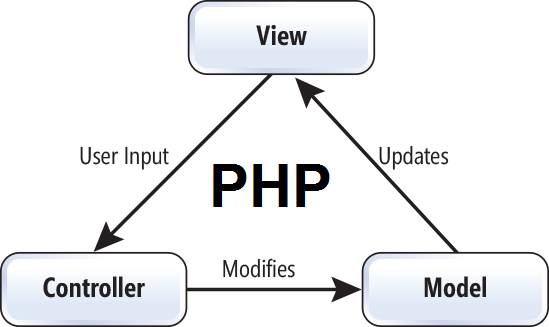When to use a framework in PHP
In the last couple of years, there have been ground breaking changes in framework technologies. Over the decade, PHP frameworks like Phalcon, Laravel, Zend, Symphony and Codeigniter have gotten bigger and consequently better. Today, they are the leading tools for developers looking to create large applications with ease. Frameworks today is one of the most crucial skill set for development professionals. Here are the situations when you need to use a framework in PHP.
1. When development relies on Coding and file organization
Just because you have a “/inc” folder with “functions.php” doesn’t necessarily mean that your code is organized. Every PHP framework comes with a certain folder structure by default. Developers are expected to follow these standards and subsequently keep things organized. This can however be a challenge for developers using the vi. Here, there are more numbers of smaller files. However with IDE and other code organizers, it will get easier in searching what you need and when you need.
2. Using Utilities and libraries
PHP provides countless numbers of libraries and tools. However, when it comes to building websites, most developers will either hunt for third party libraries/codes or write them on their own. However, diving deep into existing PHP libraries will give you better opportunities with things like form validation, database abstraction, input/output filtering, cooking and session handling, pagination, calendar, emails etc.
3. Using the MVC structure
Model View Controller was introduced into PHP back in 1979 but it still remains one of the most important aspects of programming. Models in MVC represent data structures interfaced with the database. Views on the other hand contain the page templates and various layouts. Lastly, Controllers bind everything together including handling page requests.
4. When you require strict security
PHP provides a variety of input and output filtering options to protect the final website against hacks and other attacks. If you have handled them manually, it would have been tiring and you might even have skipped some. Frameworks like Codeigniter however does the work automatically by filtering any value pressed to a database object, thus rescuing the code from SQL injections. Similarly, user inputs can be guarded from XSS attacks and encrypting cookies add additional layers of security.
5. When you want to write less code for faster development
Scripting has always tested the patience and focus of developers. However, once you have passed the learning curve of PHP, you will be able to do more with less coding. As an example, you will not have to depend upon 3rd party libraries or worry about manually chasing possible bugs.
6. When you need the support of experts
Being the most popular programming platform today, PHP also attracts a huge community of developers who help each other at every step. Using mailing lists and message boards, you can seek to clarify your problems from experts in the industry.
7. When development is about teamwork
Another great advantage with PHP libraries is that it facilitates teamwork. You can divide the work among designers (for the Views part), database specialists (Models) and programmers to create reusable plugins, libraries, etc. Further, you can have a separate team working on unit tests as Frameworks come with special tools in this aspect too.
PHP frameworks are continually being improved and give great lengths of opportunities to any web developer.






